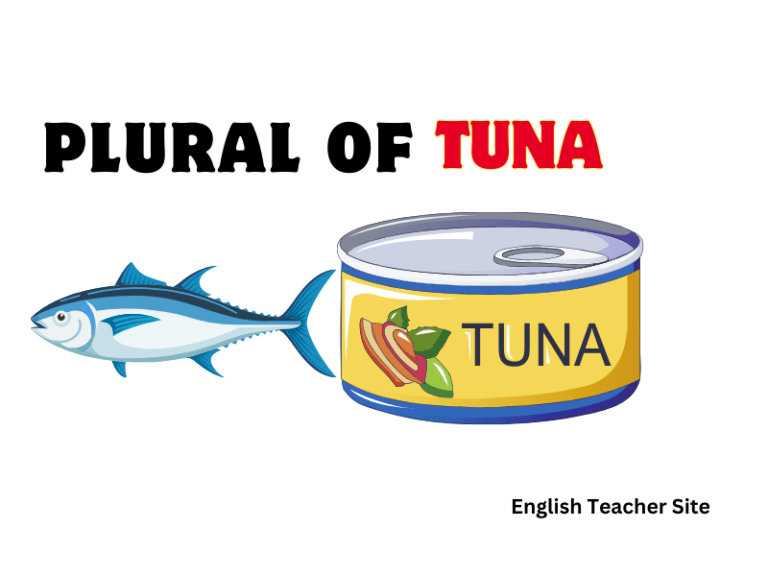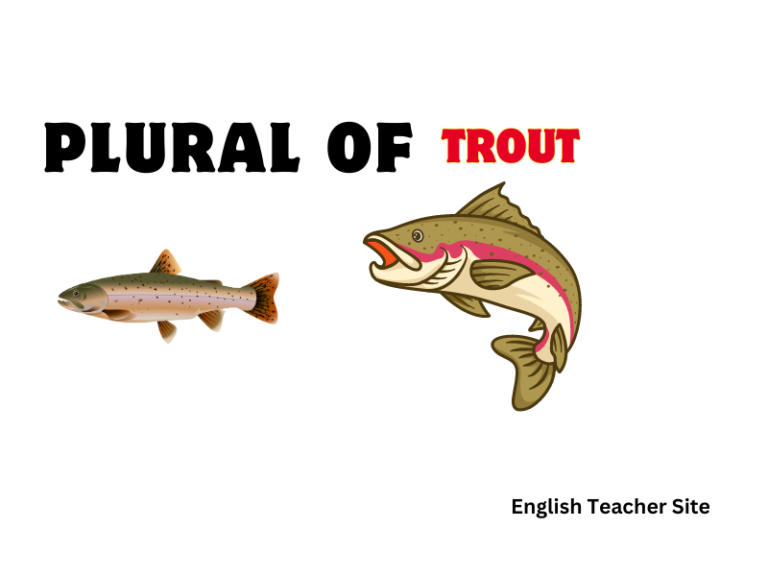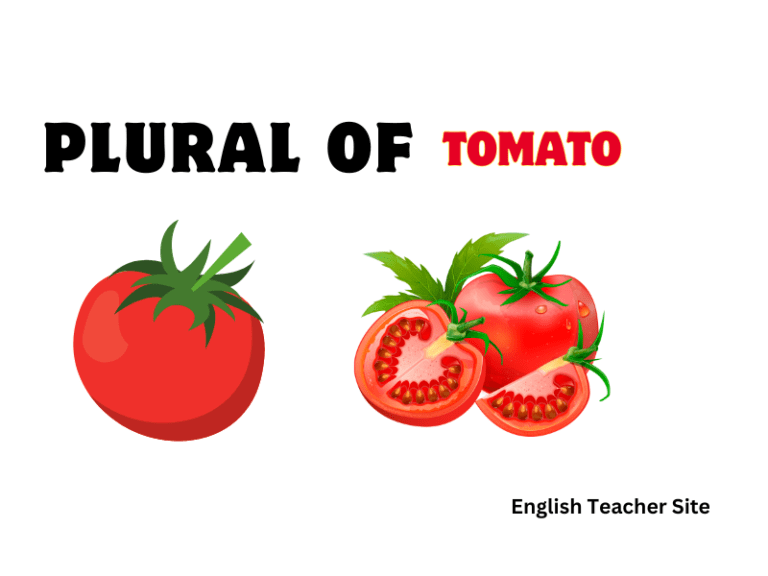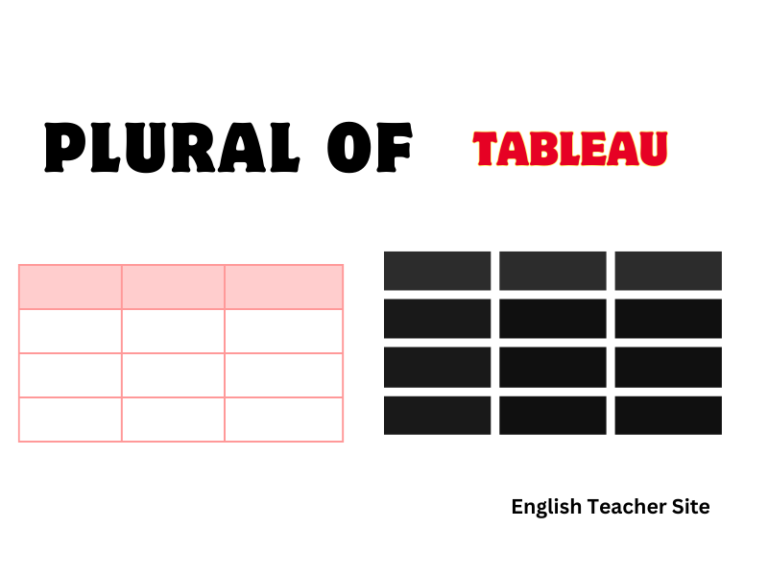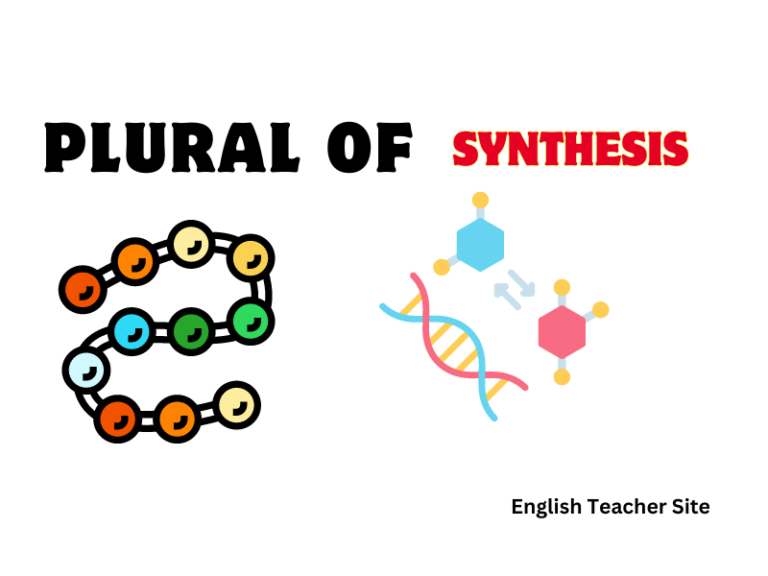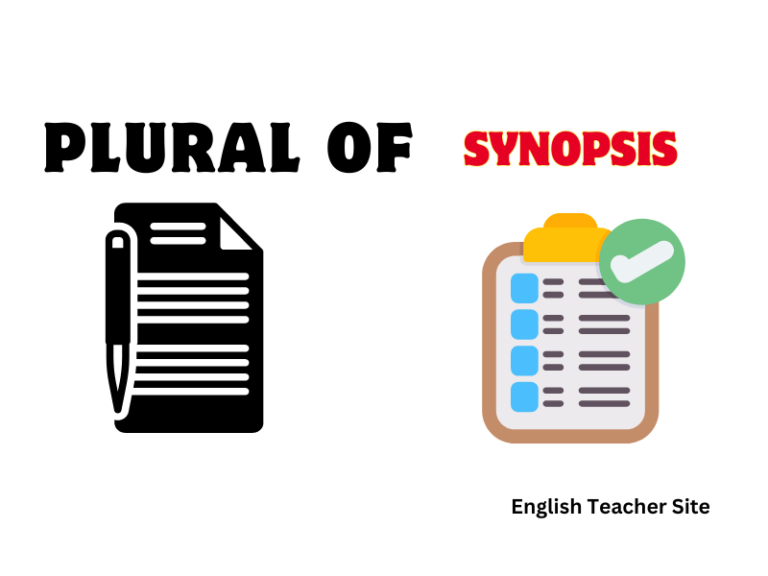The Surprising Truth About the Plural of Tuna
Introduction: Unveiling the Mystery Behind the Plural of Tuna The plural of “tuna” is a source of confusion for many, despite its widespread use in everyday language. This confusion arises from the fact that it doesn’t follow the typical rule of adding “-s” or “-es” to form plurals, as in “cats” or “buses.” For many…

